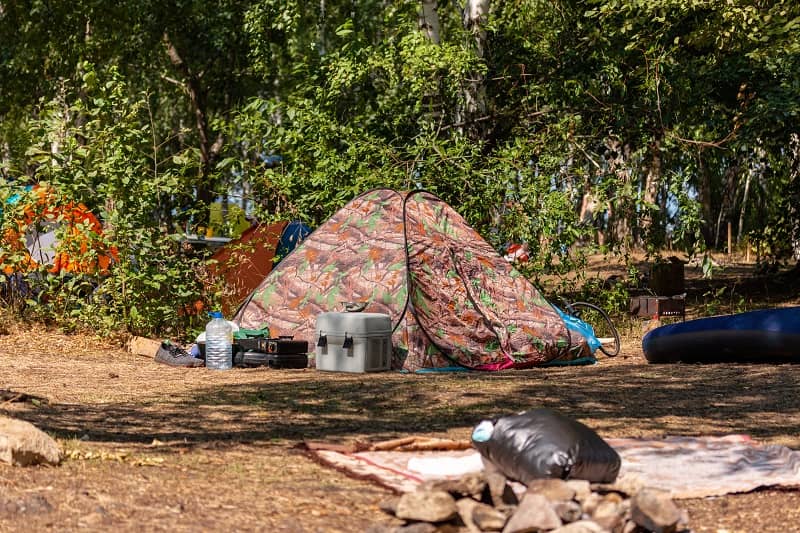

Federal Land Management Agencies Hinder Rural Entrepreneurs
by Karla Kay Edwards
Rural communities throughout Oregon provide a cultural foundation for entrepreneurs. One of the reasons for this is that folks living in rural areas often find it necessary to improvise when solving a problem rather than running to the nearest store. This necessity to maximize available resources generates small business innovations in rural communities. However, it is often government bureaucracy that stifles the commercialization or growth of many of these small businesses.
Cascade Policy Institute’s Rural Freedom Project highlights the successes of entrepreneurs around Oregon and the roadblocks small businesses face in today’s brutal business environment. If these roadblocks are reduced, folks throughout rural Oregon once again may be able to flourish and create opportunities for the next generation.
Gerard Joseph LaBrecque, owner of Creations by Joseph, is an entrepreneur and artisan of juniper heirloom furniture in Burns, Oregon. He says, “It is the wood itself that dictates what each piece will become.” Because of the uniqueness of each piece of juniper, a plentiful supply is necessary for Mr. LaBrecque to meet the demands of his customers from around the country. However, the lack of access to the abundant juniper supplies on Bureau of Land Management and U.S. Forest Service lands limits the success of his business.
Western Juniper management is critical in many areas throughout Eastern Oregon. The removal or reduction of juniper encroachment can benefit the environment by enhancing critical watersheds and sage grouse habitat, but it also can provide economic opportunities for local entrepreneurs. Since the late 1870s Western Juniper acreage has expanded nearly ten-fold to more than six million acres in Oregon. This expansion has caused considerable concern, due to the perceived environmental impacts of increased soil erosion, reductions of stream flow and forage production, as well as valuable habitat loss.
Addressing the environmental impacts from juniper expansion creates the prospect of a win for both the environment and the economy, but bureaucratic flexibility is required. Rather than simply piling and burning the juniper or chain sawing and leaving the trees, the federal government should make every effort to allow economic opportunities to be generated from the juniper. Economic opportunities from juniper by-products range greatly: biomass generation, fence posts, firewood, interior paneling and heirloom furniture. A number of these activities are being conducted by small businesses in different areas around the state, but not to the level they could be. Federal agencies need to give greater consideration to treatment controls for juniper that meet both environmental goals and allow economic stimulation for local communities.
Fifty-three percent of Oregon’s land mass and the assets contained within those lands are owned by the federal government. It is because of this fact that Mr. LaBrecque depends on the willingness of federal agencies to work with him to obtain the critical supply of materials he needs to continue and potentially to grow his business. (See Mr. LaBrecque’s full story on video below, produced by The Rural Freedom Project.) Oregonians cannot afford to have local natural resource innovation stifled by a daunting bureaucratic process. Instead, local management flexibility can foster economic opportunities on federal lands.
Karla Kay Edwards is Rural Policy Analyst at Cascade Policy Institute, Oregon’s free market public policy research organization. She has held positions of leadership in numerous organizations focusing on agricultural and rural industries and issues, including the Fresno (California) Farm Bureau, Washington Cattlemen’s Association and the Oregon Department of Agriculture.











